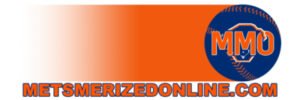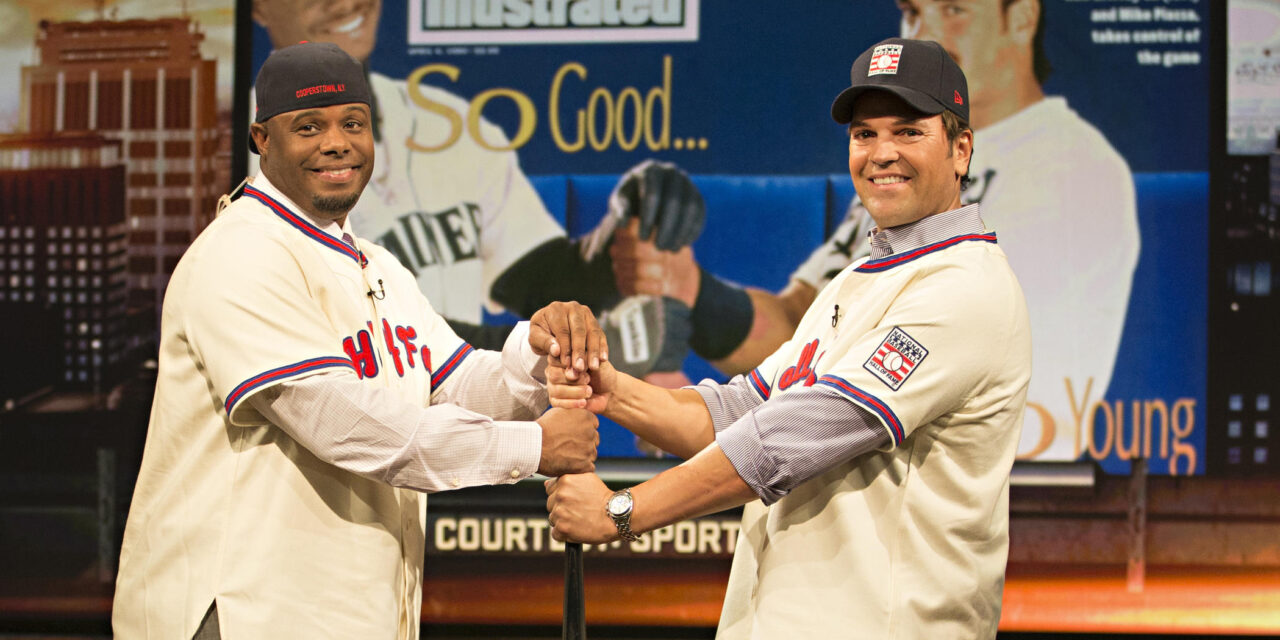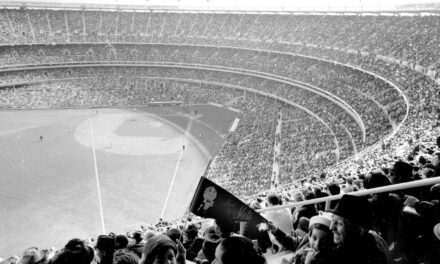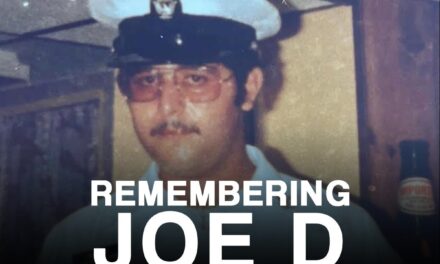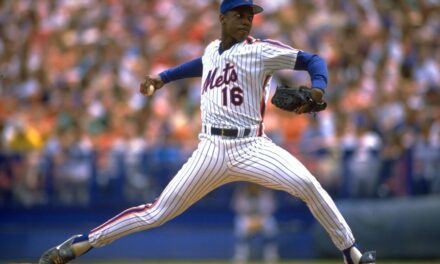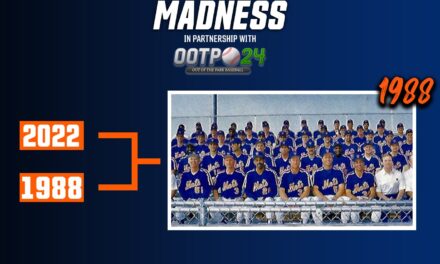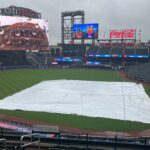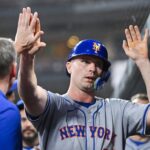The Mets were ready to party with Ken Griffey Jr. like it was 1999. Too bad the Hall-of-Famer did not feel the same way.
Today marks the 24th anniversary of the December 13, 1999 trade agreement between the Mets and Seattle that would have brought Griffey Jr. to Flushing in exchange for relief pitchers Armando Benítez and Octavio Dotel and outfielder Roger Cedeño.
The Mets, coming off an appearance in the 1999 National League Championship Series, where they lost in six games to the Braves, following a 96-66 regular season record, believed the addition of Griffey Jr. to an already strong lineup of Mike Piazza, Edgardo Alfonzo, and Robin Ventura would provide the offensive firepower required to contend with Atlanta’s dominant starting pitching at the time of Greg Maddux, Tom Glavine, and John Smoltz.
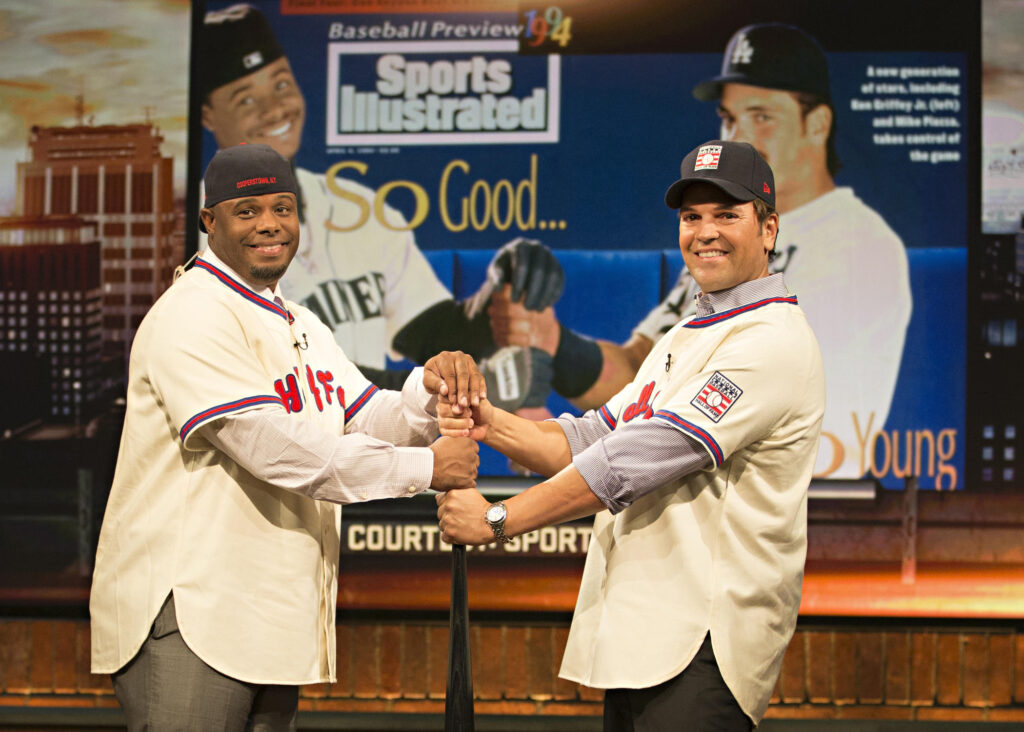
During the 1999 season, Griffey Jr. slashed .285/.384/.576/.960 with 48 home runs, 134 RBIs, and 123 runs scored in 160 games, won his 10th consecutive Gold Glove as a center fielder, and was named to his 10th consecutive All-Star Game. With the possible exception of Barry Bonds, Griffey Jr. was viewed as the best positional player in the sport during this time.
So when contract discussions between Seattle and Griffey Jr. reached an impasse, Mets general manager Steve Phillips engaged the Mariners in trade discussions, before Griffey Jr. could leave as a free agent following the 2000 season (this is similar to the Juan Soto/Yankees/Padres situation from this current offseason).
However, the trade agreement was never finalized because Griffey Jr., leery of entering the New York media spotlight, exercised his 10-5 (10 years of major league service time, 5 consecutive years with the same team) veto power to nix the trade.
But all was not lost for the Mets because Phillips quickly pivoted. Ten days later, on December 23, 1999, the Mets acquired star left-handed starting pitcher Mike Hampton and outfielder Derek Bell from Houston for Dotel, Cedeno, and minor league pitcher Kyle Kessel.
Hampton pitched well for the Mets in the 2000 regular season, posting a 15-10 record with a 3.14 ERA in 217 2/3 innings pitched. The Mets finished 94-68 during the 2000 regular season and advanced to the National League Championship series once again, where Hampton was dominant (2-0 and 16 shutout innings in two starts, winning the NLCS MVP). The Mets advanced to the Subway Series against the Yankees, losing 4 games to 1.
And although Hampton left the Mets as a free agent following that 2000 season, declaring that the school system was much better in Colorado, where he signed an eight-year, $121 million contract, the Mets used their compensatory free agent-loss draft selection the following Summer on…David Wright.
Griffey Jr. was eventually traded to the Reds in February of 2000. He grew up a Reds fan, largely because his father, Ken Griffey Sr., played there from 1973 to 1981 and again from 1988 to 1990. Griffey Jr., who attended Archbishop Moeller High School in Cincinnati before being selected first overall in the 1987 MLB Draft by the Mariners, signed a new nine-year, $112.5 million contract with the Reds, with deferred payments from 2009 to 2024.
In 2000, Griffey Jr. slashed .271/.387/.556/.942 with 40 home runs, 118 RBIs, and 100 runs scored in 145 games, qualifying for his 11th consecutive All-Star Game. However, his career tailed off after that season; Griffey Jr. only had two more All-Star appearances (2004, 2007), and he never reached the 40 homer or 100 RBI plateaus again. He returned to Seattle following the conclusion of his Cincinnati contract and played his final two seasons (2009 and 2010) with the Mariners.
Griffey Jr. finished his 22-year career as a 13-time All-Star, 10-time Gold Glove winner, and seven-time Silver Slugger.
In 2016, Griffey Jr. was elected to the Baseball Hall of Fame, receiving a record 99.32% of the vote.
Would the Mets have been better off with Griffey Jr. or Hampton and Wright?
Are the Mets better off with Yoshinobu Yamamoto or Jordan Montgomery and Blake Snell?
The more things change, the more interesting debates, historically and presently, always surround the Mets.
